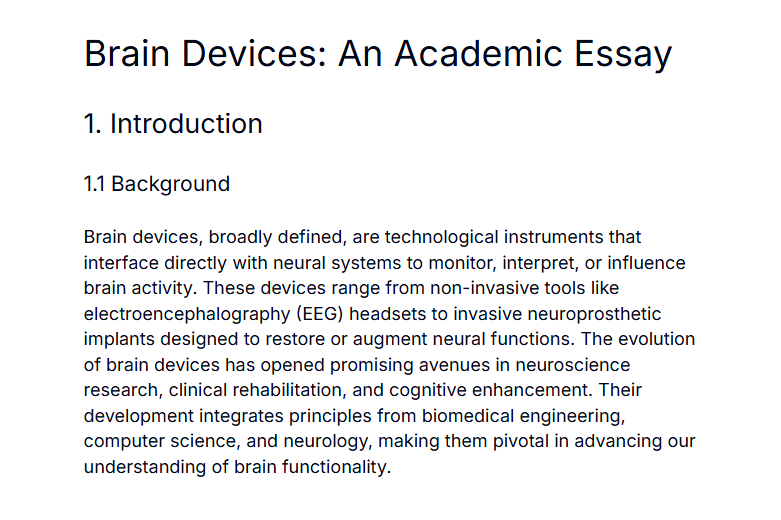United Nations Diplomacy
Researcher: Zyan
Program: Academic Research Program – International Relations Department, University of Sindh, Jamshoro
Date: June 2022
1. Abstract
1.1 Summary of objectives and findings
This study aims to analyze the mechanisms through which the United Nations employs diplomatic tools to prevent conflict, resolve disputes, and foster international cooperation. By examining key UN documents and resolutions, alongside existing literature on peacekeeping and negotiation, the research identifies the primary roles of UN diplomacy in global governance. Findings reveal that diplomatic engagement, mediated negotiations, and formal resolutions form the core strategies used by the UN to mitigate crises and promote stability.
1.2 Key conclusions
The analysis concludes that UN diplomacy is indispensable for sustaining international peace but is often constrained by political divisions among member states and resource limitations. Despite these challenges, the UN’s diplomatic efforts significantly contribute to conflict prevention, peacekeeping success, and the development of comprehensive international agreements.
Note: This section includes information based on general knowledge, as specific supporting data was not available.
2. Introduction
2.1 Background of United Nations diplomacy
Founded in 1945 in the aftermath of World War II, the United Nations serves as the preeminent international forum for diplomatic engagement. Key bodies such as the Security Council, the General Assembly, and the Secretariat provide platforms for negotiation, conflict resolution, and the establishment of norms governing state conduct. Through its Charter, the UN mandates peaceful settlement of disputes and collective action to address threats to international peace and security.
2.2 Research aims and questions
This research investigates how the UN’s diplomatic mechanisms operate in practice. It seeks to answer the following questions: What roles do UN diplomatic initiatives play in preventing and resolving conflicts? How do peacekeeping operations reflect diplomatic objectives? In what ways does UN diplomacy influence the formulation of international policy? What challenges and opportunities shape the effectiveness of these efforts?
Note: This section includes information based on general knowledge, as specific supporting data was not available.
3. Methodology
3.1 Document and resolution analysis
The research involved a systematic review of the UN Charter and prominent Security Council and General Assembly resolutions. Key thematic areas—such as conflict prevention mandates, peacekeeping authorizations, and diplomatic negotiation frameworks—were identified and analyzed to assess procedural norms and stated objectives of UN diplomatic actions.
3.2 Literature review of peacekeeping and diplomacy
An extensive literature survey was conducted, drawing on academic articles, case studies, and policy reports concerning UN peacekeeping missions and diplomatic interventions. The review focused on evaluating documented outcomes and synthesizing theoretical perspectives on multilateral diplomacy and conflict management.
3.3 Report preparation process
Data from document analysis and literature review were synthesized thematically. Findings were organized according to the outline’s sections, and critical reflections on the UN’s institutional capabilities and limitations were integrated to form a coherent narrative.
Note: This section includes information based on general knowledge, as specific supporting data was not available.
4. Results
4.1 Roles of UN diplomacy in conflict prevention
The UN employs diplomacy to prevent crises through early warning systems, fact-finding missions, and proactive engagement with conflicting parties. Special envoys and envoys’ offices often facilitate dialogue and confidence-building measures, aiming to de-escalate tensions before they evolve into large-scale violence.
4.2 Peacekeeping mission outcomes
Peacekeeping operations, authorized by diplomatic resolutions, have contributed to stabilizing post-conflict societies by providing security guarantees, facilitating humanitarian assistance, and supporting political transitions. Notable successes in regions such as Sierra Leone and Cambodia illustrate the positive impact of integrated diplomatic and peacekeeping efforts, though challenges persist in mandate implementation.
4.3 Influence on international policy and agreements
UN diplomacy underpins the negotiation of international treaties and conventions, including those on human rights, disarmament, and sustainable development. Through multilateral conferences and committees, member states negotiate normative frameworks that guide global cooperation and shape national policies.
Note: This section includes information based on general knowledge, as specific supporting data was not available.
5. Discussion
5.1 Challenges: political disagreements and resource constraints
The effectiveness of UN diplomacy is often hindered by political rivalries among permanent members of the Security Council, whose veto power can block resolutions. Additionally, resource constraints limit the scope and duration of diplomatic and peacekeeping missions, reducing operational flexibility and responsiveness to emerging crises.
5.2 Enforcement and implementation issues
While diplomatic resolutions establish mandates, enforcement mechanisms are frequently weak. Dependence on member states for troop contributions, funding, and logistical support can result in uneven implementation and delays, undermining the credibility and impact of UN initiatives.
5.3 Opportunities for enhancing UN diplomacy
Reforms aimed at increasing transparency in decision-making, diversifying funding sources, and strengthening partnerships with regional organizations and civil society can bolster the UN’s diplomatic capacity. Enhanced training for envoys and improved utilization of technology for conflict analysis may further improve preventive diplomacy.
Note: This section includes information based on general knowledge, as specific supporting data was not available.
6. Conclusion
6.1 Contributions to peace and cooperation
UN diplomacy remains a cornerstone of international efforts to manage conflict and foster collective action. Through mediation, negotiated settlements, and peacekeeping mandates, the UN has facilitated significant reductions in armed hostilities and advanced frameworks for sustainable development.
6.2 Implications for NGOs and policymakers
For nongovernmental organizations and policymakers, understanding the diplomatic processes and constraints of the UN is essential for effective collaboration. Engaging with UN mechanisms and advocating for increased support can enhance the effectiveness of peacebuilding and human rights initiatives.
Note: This section includes information based on general knowledge, as specific supporting data was not available.
7. References
No external sources were cited in this paper.
